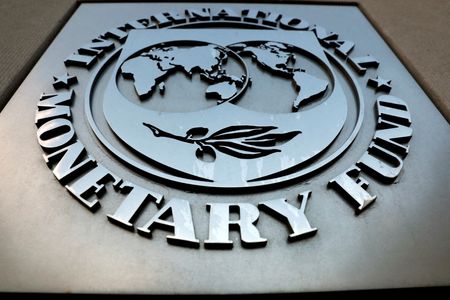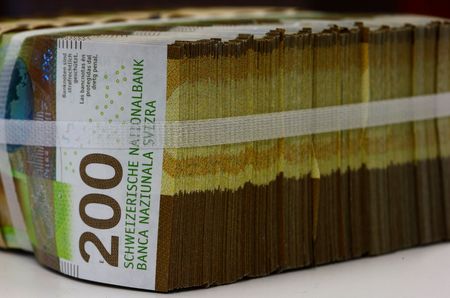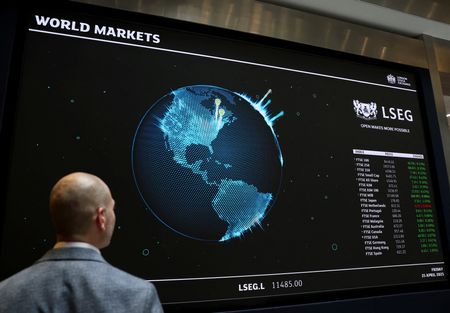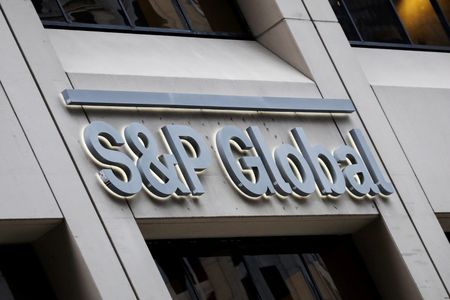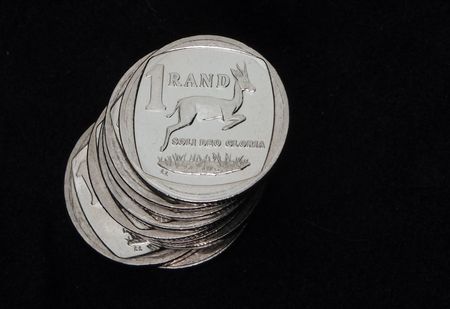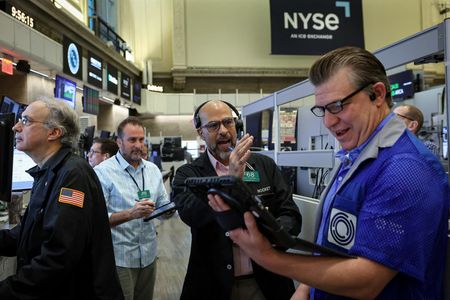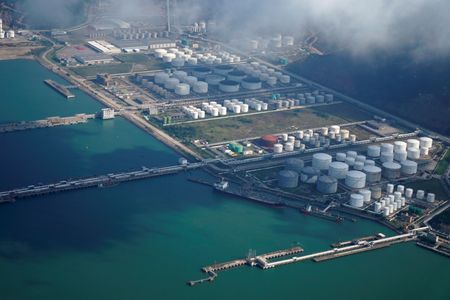By Portia Crowe and Libby George
(Reuters) -Senegal’s finance ministry told investors it will pay back its debts and continue talks with the International Monetary Fund as the nation braced for a key credit rating decision from S&P Global later on Friday.
The IMF suspended Senegal’s lending program last year after the then-new government flagged unreported debts that have since grown to more than $11 billion, leaving the West African country in a precarious financial situation with debt-to-GDP above 130%.
The Ministry of Finance and Budget, in a statement sent to investors on Thursday and seen by Reuters, said it was “resolutely committed to its dialogue” with the Fund.
“Senegal reiterates that it will continue to honor its obligations as they fall due and is progressing adequately on the implementation of its financing plan for 2026,” the statement read.
The finance ministry did not immediately respond to a request for comment.
PUSHING AHEAD WITH BOOSTING REVENUE
The statement said the government was pursuing efforts to strengthen public finances by boosting revenue, managing expenditures and aligning budget execution with its 2025 targets.
By end-September, revenues excluding grants and current expenditures had reached 73% of targets, the ministry said.
The IMF, following its mission to Senegal earlier this month, said the “very high tax yield” assumed in the country’s revenue growth projections “poses a significant risk”.
Since the IMF’s suspension of the lending program, talks on a debt misreporting waiver, crucial for a new lending program, have been slow, and the Fund left Dakar earlier this month without any concrete agreement for the waiver or a new lending programme.
Prime Minister Ousmane Sonko said last weekend that the IMF wants the country to restructure its debt, which he fervently rejected.
DEBT CONCERNS ELSEWHERE IN AFRICA MOUNT
Senegal’s troubles have kindled fresh concerns over sovereign solvency in sub-Saharan Africa just as the continent emerged from a default wave that saw Zambia, Ghana and Ethiopia forced to restructure their debt.
In late October, Mozambique authorised consulting firm Alvarez & Marsal to assist with the country’s “public debt restructuring plan”. Gabon has also struggled with liquidity issues and arrears with the World Bank.
In the statement, Senegal also said that the firm Global Sovereign Advisory was acting as the country’s sole financial adviser.
The lack of progress between Dakar and the IMF has weighed heavily on Senegal’s international bonds, with some hitting record-low prices this week.
Adding to woes, political tensions within Senegal’s ruling coalition, including reported disagreements between President Bassirou Diomaye Faye and Prime Minister Ousmane Sonko, have further rattled investors and could complicate the nation’s negotiating position with international institutions.
BOND REPRIEVE ON FRIDAY
On Friday, Senegal’s international bonds snapped their losing streak to trade around 2.5 cents higher across both euro- and dollar-denominated debt. However, that still leaves some bonds, such as the dollar-denominated 2031 maturity, down nearly 10 cents since the start of the week to bid at 66.5 cents.
Later on Friday, S&P Global is expected to publish its latest ratings decision. The agency downgraded Senegal’s sovereign credit rating to B- in July with a negative outlook due to growing concerns about its rising debt burden.
(Reporting by Portia Crowe and Libby George; additional reporting by Robbie Corey-Boulet; writing by Colleen Goko, editing by Karin Strohecker and Mark Heinrich)

